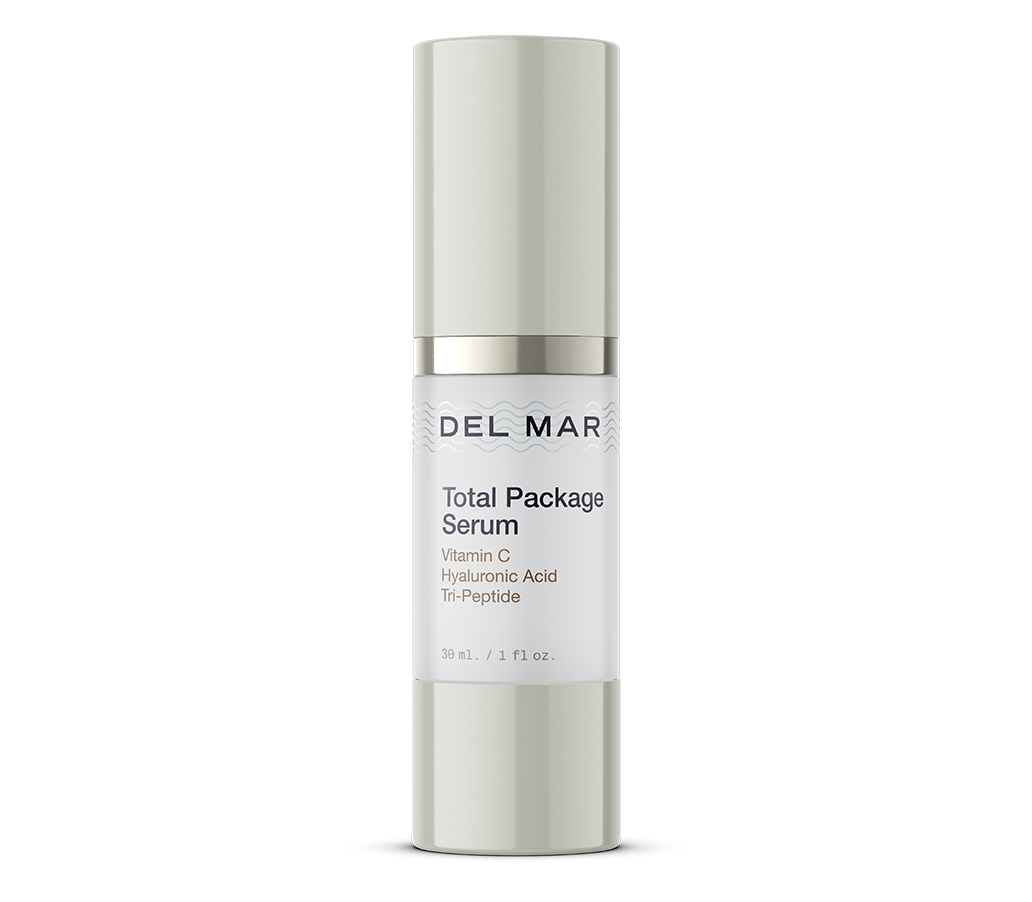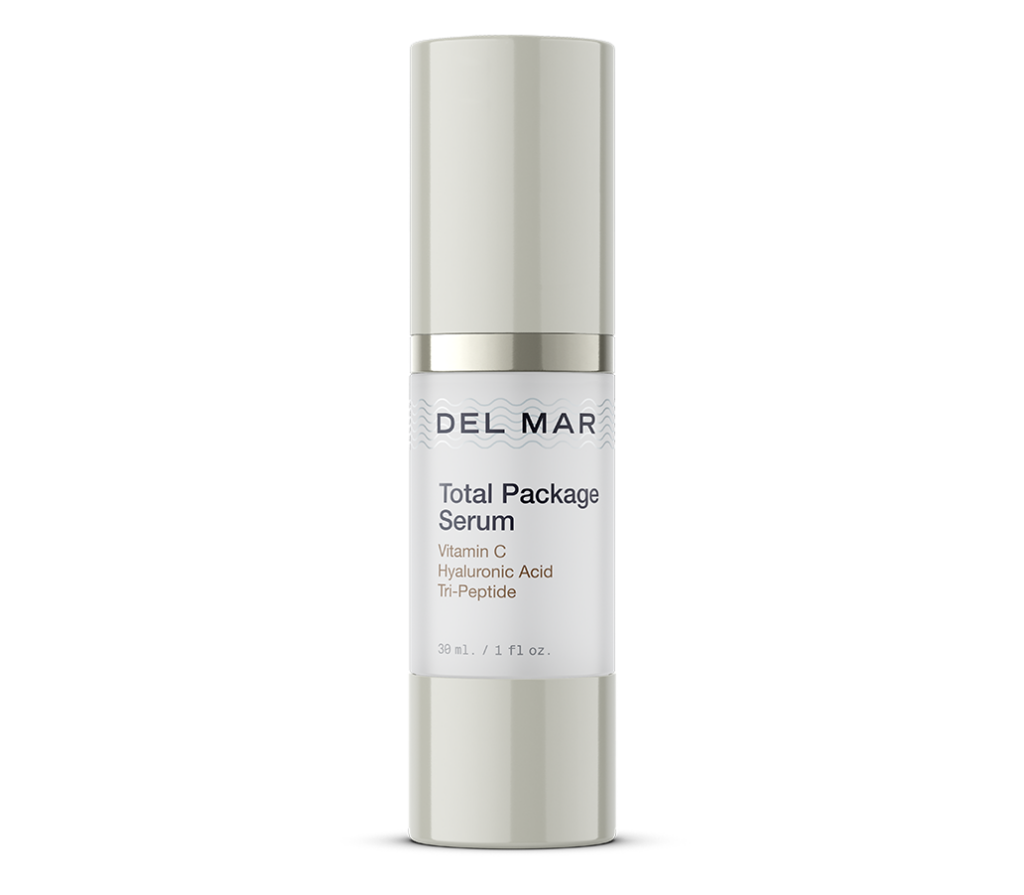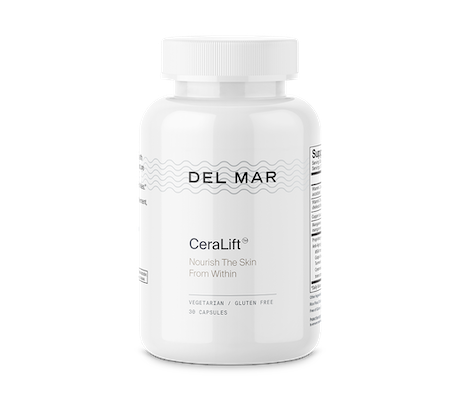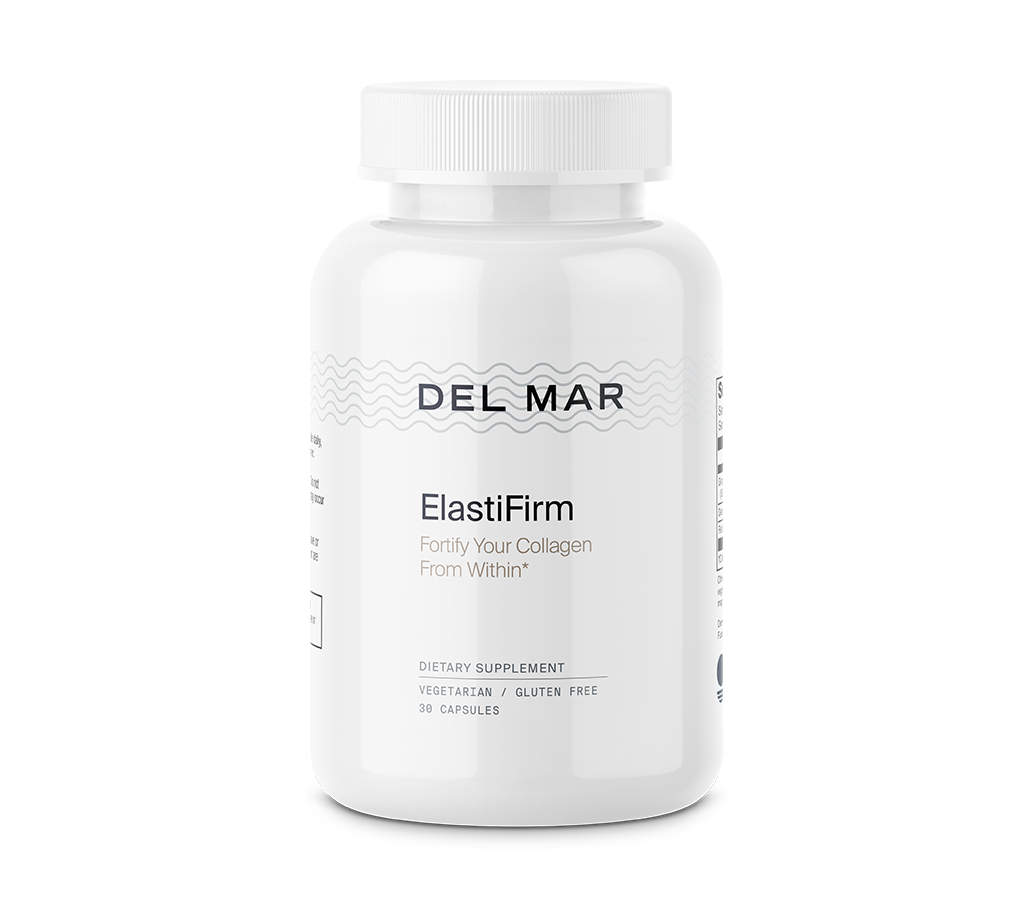As you get older, it is likely that you will start to notice a difference in your memory. Maybe you forget where you put your keys, or you try to recall a movie from the previous night and find that you are struggling. Or maybe someone in your family is suffering from a neurological disease like Alzheimer’s Disease or dementia, and you are hyper aware of any memory lapses that you have, worried that it may be a sign that the same disease is lurking in your genes.
It is pretty universally expected that your memory will start to go as you age. Fortunately, thanks to years of research, we now know that this is not universally inevitable. Significant memory problems are not typically associated with simple aging, but more so with neurological disorders and brain injuries. (*1)
There are many scientifically proven ways to slow the aging process and even protect your brain from certain neurological disorders. In this article, we’re going to arm you with the tools to keep your memory sharp, and maybe even find yourself smarter at 80 than you were at 30!
Biological Age vs Chronological Age

You know how some people at 50 look and act like they are barely 40, while others you would have guessed were 60 or even 70? With some 70 year olds running marathons and scaling mountains while others have spent their lives running to the corner store for cigarettes, it may not come as a surprise that there are different age categorizations: your chronological age and your biological age.
There is a difference between biological and chronological aging.1 Your chronological age is the actual amount of time that you have been alive, whereas your biological age can be either older or younger than your chronological age. Both your genetics and your lifestyle impact your biological age, and there are many things that you can do to work to keep this number low.
The way that scientists measure your biological age is through telomere length.2 Think of telomeres like the end of a shoelace for your DNA. Telomeres function as caps on the end of our DNA that protect our chromosomes. When telomeres become too short, the cell can no longer divide. Short telomeres have been tied to an increased chance of death, independent of age.
Aging and age-related disorders are tied to a higher biological age, and many factors have been found to positively and negatively influence biological age. By harnessing this information, you can improve your chances of aging gracefully.
What Causes Memory Problems as We Age?

We have four types of memory: working, episodic, procedural, and semantic.1 Of these types of memory, episodic memory and semantic memory are the most important forms when it comes to changes with aging.
Episodic memory is what most of us envision when we think of the term ‘memory’. Examples include remembering the first time you met your spouse or a call you had last week with a friend. This is one type of memory that does tend to slowly decline following middle age, and it is the primary type of memory loss that is observed in those with Alzheimer’s Disease.
Semantic memory is the type of memory that tells us what something means, for example, that there are 12 inches in a foot or that Albany is the capital of New York. This type of memory actually continues to increase into your early elderly years, but then does generally decrease after that point. The exact age that this occurs can vary widely from one person to another.
The exact reasons behind these changes are still being researched, however, there have been numerous studies that have found relationships between lifestyle and memory as we age. These studies suggest that we may be able to slow this progression with the right actions.
Memory Decline is Not Inevitable

Have you ever heard the term “SuperAgers?” (*3) This term refers to those who are over 80 years old whose memories are similar to those 30 years younger than them. In fact, there are even some “SuperAgers” who have memories even better than most people 30 years younger.
While much of this impressive memory longevity may be hereditary, there are also actions that you can take that have been shown to help keep your memory sharp. Practice these five things to help keep your mind young and avoid memory problems:
- Exercise: All forms of exercise can help to protect your cognitive function as you get older. (*4,5,6)
- Eat Healthy: To protect your brain health, try eating more wild-caught fish and plant foods (think veggies, fruits, nuts, and seeds). (*7)
- Reduce Stress: Stress can accelerate the aging process. (*8) Try to reduce stress in your life and combat it with things like exercise, sleep, and meditation.
- Keep Your Mind Busy: As we grow older, many of us are guilty of stopping learning. But learning, whether reading books, watching documentaries, learning a new game, or visiting a new place, helps to keep our mental faculties intact. (*9)
- Stay Social: Research has found that a healthy social life reduces the risk of developing dementia. (*10) Use this as an excuse to regularly spend time with friends and family.
Closing Thoughts

Believe in your mind’s ability.
Far too many of us assume that our minds are fated to decline as we get older. If you believe in yourself and take action to continue growing, you can be as smart, or smarter, in your 80’s than you were in your 30’s, and memory problems don’t have to blight your latter years.






